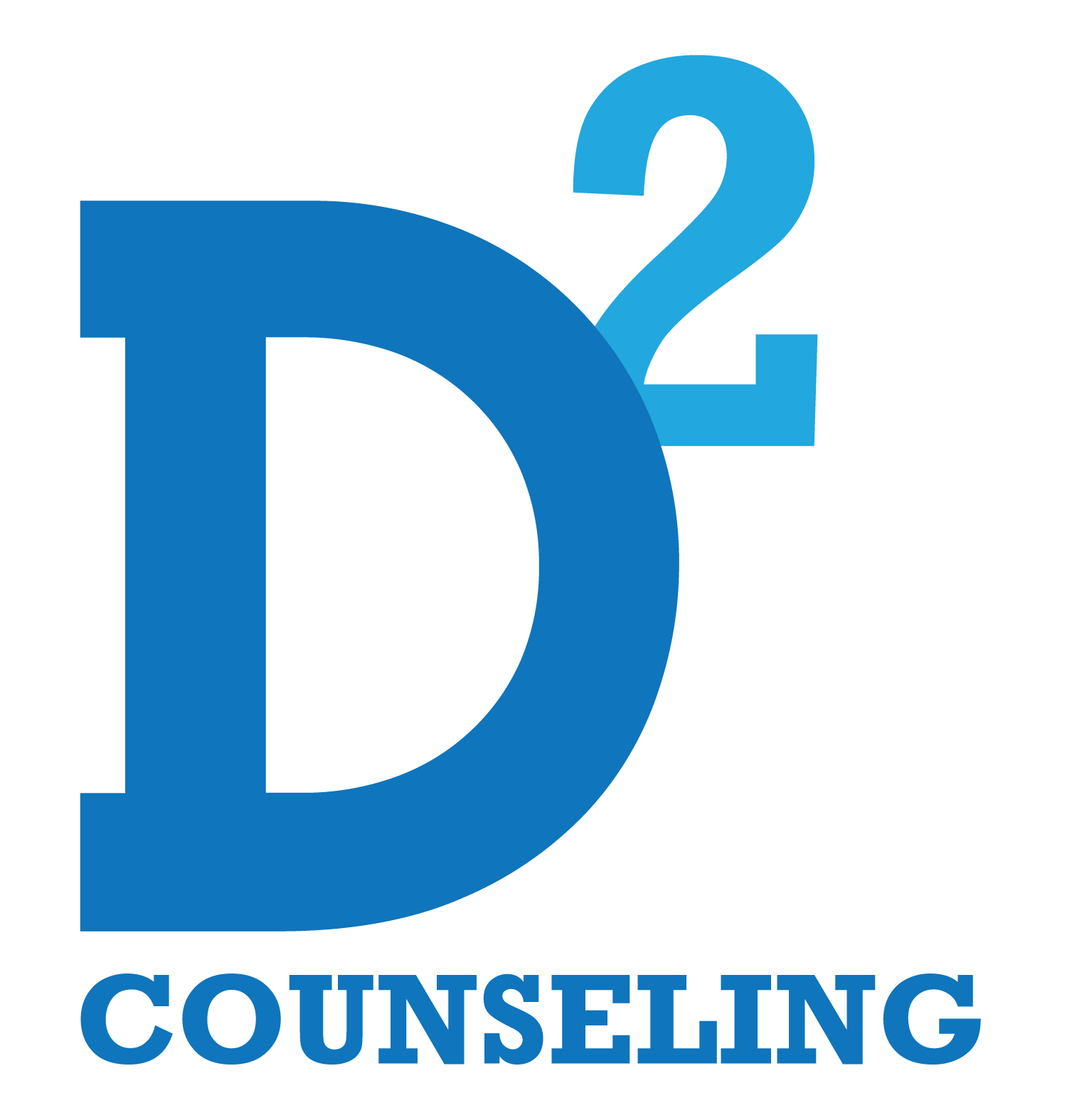“Do you do Christian counseling?” The caller had asked a question that I have come to fear and one which raises the hair on the back of my neck. I have learned not to answer directly, but rather to respond, “why do you ask?” Some- times the caller wishes to explore my belief system and approach to counseling, but I am finding that a large percentage of the calls are out of fear and in response to how they have been treated by their last “Christian Counselor.”
In the movie “Leap of Faith” Steve Martin plays Jonas Nightengale, a convincing faith healer/con man who never wavers in telling people to ante-up with their faith and their money if they expect changes in their life. When the changes don’t happen he is happy to allow that his parishioner victims simply did not have enough faith.
When a “Christian Counselor” blames a client’s circumstance solely on lack of faith or a client’s unchanged circumstance on poor prayer habits, it is religious abuse. The counseling process must be about more than religious directives in spite of a particular client’s circumstance. A 1992 Gallup Poll shows that of those seeking counseling:
“Sixty six percent prefer a professional counselor who represented their spiritual values and belief, and 81% preferred to have their own values and beliefs integrated into the counseling process.”
In light of this, it is clear that most clients seek counseling that will be congruent with his or her own values. But what exactly are the counselor’s values? The range is very wide, even on such basic notions as biblical inerrancy and salvation. There is something very warm about knowing that one’s decision is truly God’s decision. Unfortunately, the counseling does not come with the guarantee that God’s will is truly being followed or suggested. Credentials and licenses may help, but the possibility of abuse is tremendous. Denominational requirements for ordination vary all the way from $25.00 ministerial licenses available on the Internet to traditional Protestant ordination paths of 4-6 years of supervised process and education. Rabbinical pursuits may be longer yet with demands of study in Jerusalem. Licenses are only minimum standards set by secular state government for counseling, and other private associations set their own standards. Some of these designations are truly helpful. Which ones?
Even good intention and piety do not necessarily overlap with quality counseling. If the counselor imposes their values behind the skirts of Divine Directive, again, it is religious abuse. Which teller window is the client stepping up to?
The difference between Pastoral/Christian counseling and secular counseling is directly related to the importance that the counselor and client place on the religious or spiritual influence within the encounter. At one end of the continuum is the position that religion or spirituality plays no role in the process. At the other end is the position claimed by the counselor (and granted by the client) that the counselor speaks for God, and so directs the client. A healthy place for the client to begin this journey of placing themselves on this spectrum is around the their own understanding (I ask them to articulate it) as to why “Christian” or “Religious” counseling is important to them. In exchange the counselor should be able to articulate an answer as to why they claim to be a pastoral or “Christian” counselor and describe and explain their credentials around counseling and ministry. Don’t accept these answers at face value without exploring what they mean for you or for the counselor. If scripture or religion is to be used as a weapon to manipulate behavior or feelings then the client needs to be very cautious, and please, don’t call it Christian or pastoral.
–
Rev. Daniel Gowan, LCDC, LPC-S




